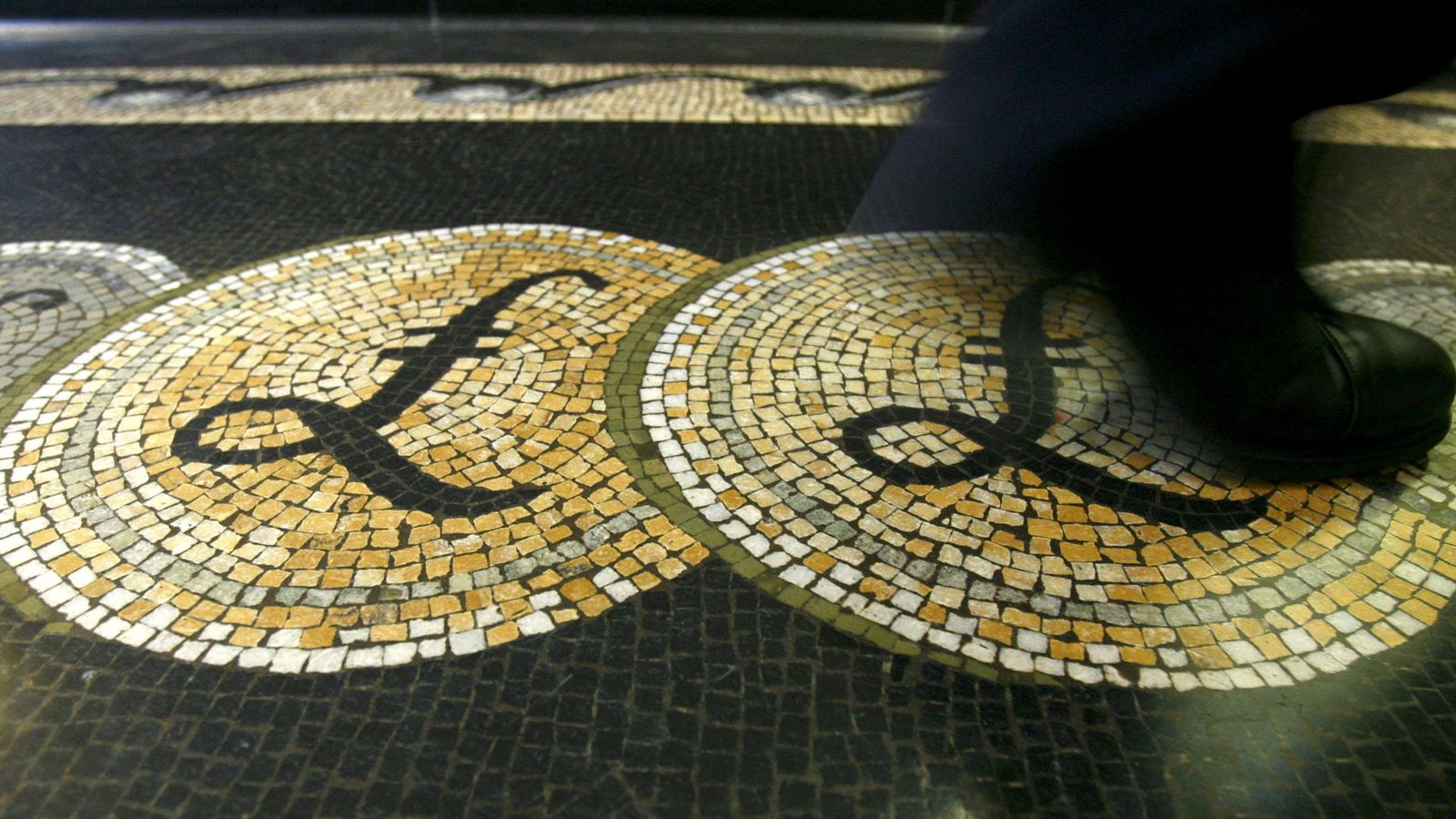Tax hikes and additional VAT netted from soaring prices have helped bolster Treasury coffers and lower UK borrowing.
The budget deficit in June stood at £18.5bn, down from £20bn a month earlier, the Office for National Statistics (ONS) said.
It was also lower than the £22bn experts had forecast.
The June deficit took borrowing in the first three months of the financial year to £54.4bn, £12.2bn more than in the same period last year but £7.5bn less than expected by budget forecasters.
The ONS also revised down its April-May borrowing estimate by £7bn with stronger than predicted tax revenues following increases announced by the government in November last year.
High inflation driving prices has also played a role, with VAT receipts up 9% this financial year compared with a year ago, despite no increase in the underlying rate.
However, borrowing remains high after the shocks of the coronavirus pandemic and last year’s energy price surge fuelled by the Ukraine war.
Average mortgage rates edge up again after brief fall, market data shows
Retail sales jumped 0.7% last month with sunshine boost helping beat expectations
Why Britain’s debt makes it far more vulnerable than its global peers
Last month’s figure is still the third most the government has borrowed in any June since 1993.
Prime Minister Rishi Sunak and Chancellor Jeremy Hunt have so far resisted calls for tax cuts from their own backbenches ahead of a general election expected next year, with the party trailing behind Labour in the opinion polls.
The Tories lost two parliamentary seats on Friday and only narrowly held another.
Please use Chrome browser for a more accessible video player
Read more:
Average mortgage rates edge up again
Retail sales jumped 0.7% last month
Responding to the borrowing figures, Mr Hunt said: “Now more than ever we need to maintain discipline with the public finances.
“We are at a crucial juncture and need to avoid reckless spending.
“As this week’s fall in inflation showed, we will start to see results if we stick to our plan to halve inflation, grow the economy and get debt falling.”
Also helping the government has been a better-than-expected performance by the economy in early 2023 which, while effectively flatlining, has so far avoided a recession.
Subscribe to the Ian King Business Podcast here
The COVID-19 crisis caused government borrowing to soar and public debt was bigger than the country’s economic output in June.
However, it is not the first time in recent years the UK was thought to have passed the 100% of GDP milestone only for the data to be revised later.
Be the first to get Breaking News
Install the Sky News app for free
The interest the government paid on its debt last month was £12.5bn, which is still the third-highest of any month on record, despite being significantly less than the £20bn payments in June last year.
Samuel Tombs, an economist with Pantheon Macroeconomics, said the better news on recent public borrowing would not be celebrated much at the Treasury as the outlook for debt interest payments had worsened.
He said: “We continue to think that the chancellor will not have scope to cut taxes meaningfully before the next general
election.”






